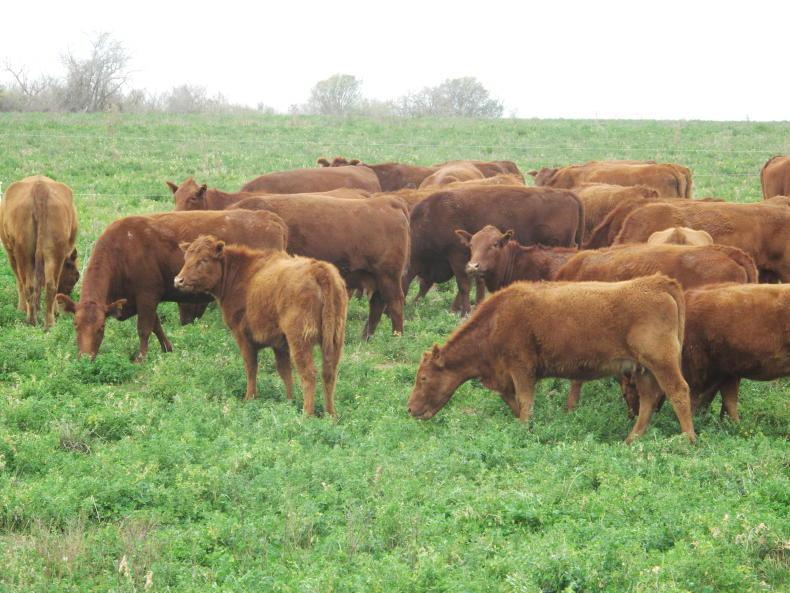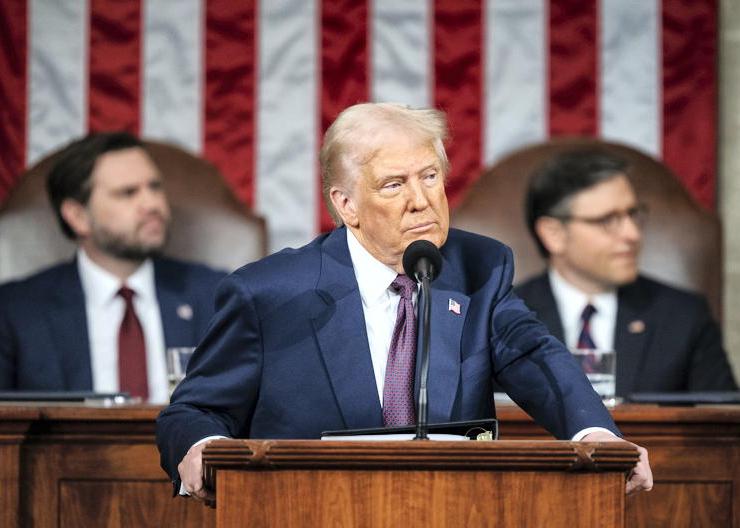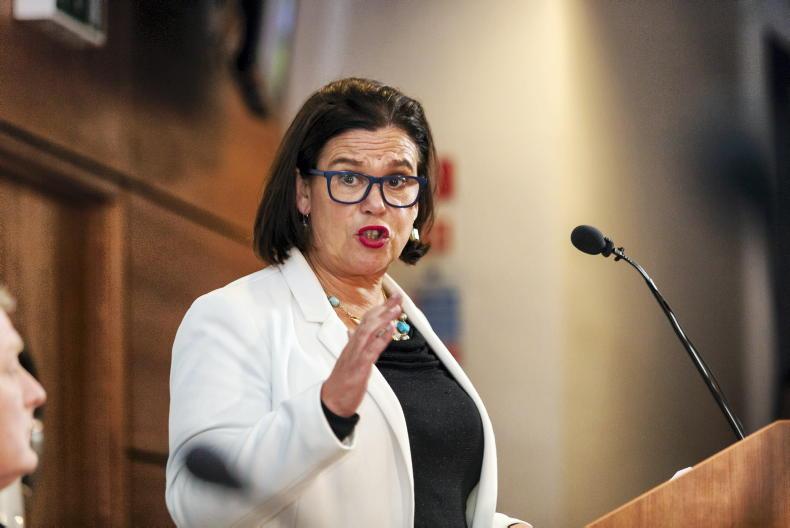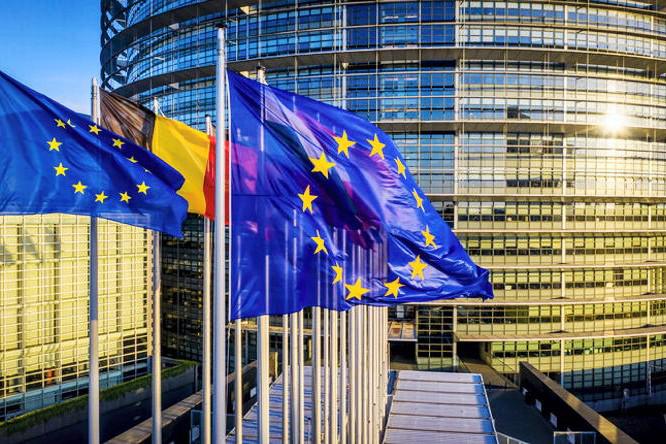It is now over two years since the Mercosur trade deal was announced, and while a long ratification process was envisaged, in truth, little progress has been made since.
However, Minister for Enterprise, Trade and Employment Leo Varadkar is expected to bring a memo to cabinet shortly that will reveal the impact of Mercosur on the Irish economy.
The problem with the Mercosur trade deal, if it ever comes into effect, is that Irish beef farmers will be left with the tab for a deal that will be of benefit to every other sector of the Irish economy.
In January 2021, the EU released the cumulative impact assessments of a number of trade agreements they were involved in.
Irish beef farmers would be wrong to assume that the Government would be supportive of their position
Worryingly for beef farmers, the EU assessment estimated that the Mercosur trade deal would cause a drop of 2.4% in EU beef prices.
When this is applied to the Irish cattle kill, it would mean a loss to Irish farmers of between €50m and €60m annually.
Irish beef farmers would be wrong to assume that the Government would be supportive of their position.
The reality is that if every other sector of the Irish economy would benefit from a Mercosur trade deal, there is a considerable risk that beef producers would again be left taking one for the team.
Question of credibility
Of course, there is much more to a Mercosur trade deal than an economic impact assessment.
It is incredible that the EU should preach such an elevated position on environmental controls and shrinking the emissions from EU and Irish agriculture while opening the door to supplies from the Mercosur bloc, where the largest member, Brazil continues to remove the rainforest at an alarming rate.
The European Parliament has been highlighting the contradiction in the EU position on trade and production and some countries, particularly Austria, are strongly opposed while others have expressed the ambition of getting on with ratifying the deal.
Portugal was to the forefront of this during their presidency in the first half of 2021, but little was achieved.
All not well in Mercosur either
While Irish farmers need to focus their lobby effort in respect of Mercosur in Dublin and Brussels, it is also worth noting that relations between the top three beef exporters in Mercosur – Brazil, Argentina and Uruguay – are again coming under strain.
This is because the free market focused governments in Brazil and Uruguay are frustrated by the ultra-protectionism of the Argentinian government.
There is particular belief in Uruguay that Argentina is never really serious about concluding free trade deals
They have recently suspended exports for a month and on resumption, exports of certain cuts will be curtailed to 50% of 2020 levels until the end of this year.
There is particular belief in Uruguay that Argentina is never really serious about concluding free trade deals. In Uruguay, where beef represents 25% of the total exports, trade with their Mercosur neighbours is less important than trade with Europe and particularly Asia, where their beef has a particularly strong presence.
There is a real prospect that Uruguay may go it alone – it is understood China are willing to discuss the possibility and this would be particularly important, as China accounts for 50% of all tariffs Uruguay pay on beef exports.
Similarly, sources in South America have told the Irish Farmers Journal that the UK ambassador to Uruguay has spoken openly about the willingness of the UK to engage in a trade negotiation with Uruguay.
Irish beef farmers are currently enjoying a rare period of good beef prices, made possible by that ideal combination of reduced supply in Ireland and across our main exports markets, combined with particularly strong consumer demand for beef.
Based on the EU study, we already know the negative impact the Mercosur trade deal would have on beef prices and this is without any consideration of what the UK might do in a trade negotiation. That would be likely to increase the impact further on EU and Irish beef prices.
The challenge for farmers will be convincing the Irish Government that their need is a greater priority than the opportunity that is presented for other sectors of the economy from a trade deal. The size of this challenge should not be underestimated.










SHARING OPTIONS